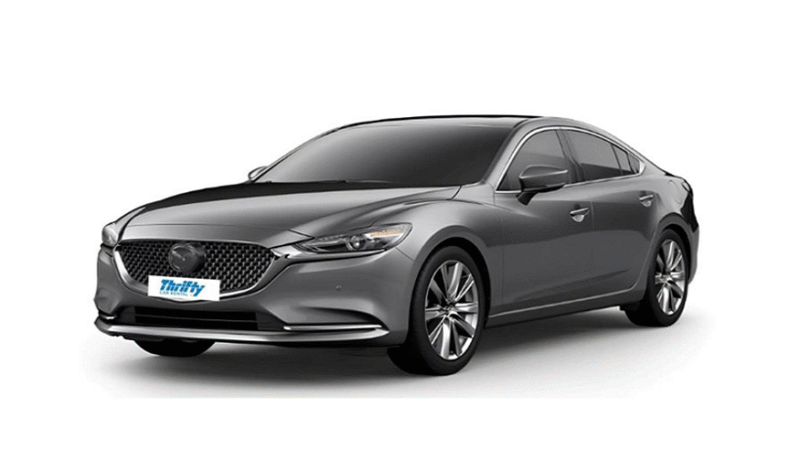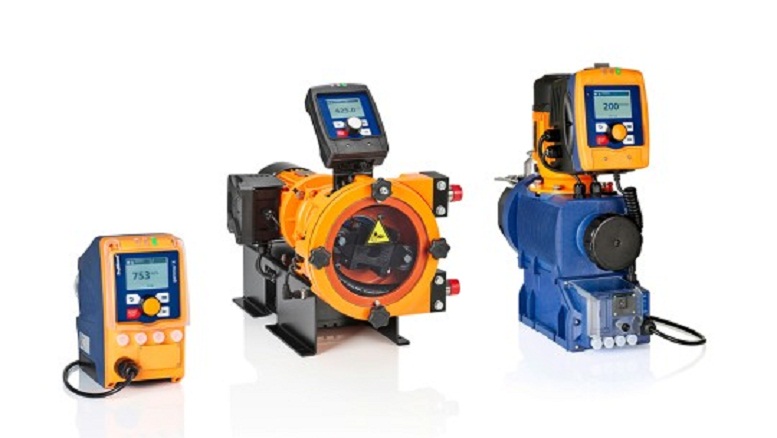How to Successfully Negotiate the Sale of Your Car on Used Car Selling Websites

Car sales people often use terms such as “must sell,” “OBO,” and “or best offer” to communicate their eagerness to sell at a lower price. Be polite and firm when negotiating. Preparing for negotiations can help you avoid the pitfalls that many buyers encounter.
A few time-tested tips can keep you in control and on the path to a successful purchase.
Know Your Car’s Value
It’s essential to know your vehicle’s value when you sell car online. You can get a general idea of the car’s value by looking at dealer advertisements or other websites. When you enter a negotiation, it’s a good idea to make your first offer well below the car’s sticker price. This will give you a sense of where the negotiations should start and where you’ll have to stop. It may be time to leave if the dealership doesn’t accept your opening offer. Remember to mention that you’re considering other vehicles and ask if they’ll meet your price or drop any additional dealer fees. This will help keep the process from getting too tense and allow you to negotiate confidently. You may even convince the dealer that their demands are unreasonable.
Know the Buyer’s Needs
When you meet with a prospective buyer, be prepared to answer questions about your vehicle’s history. You may also be asked to allow the buyer and their mechanic to inspect it. This is a good sign that the buyer is genuinely interested and could be an ideal customer. If the dealer offers to make repairs, don’t hesitate to decline them if you think they are unreasonable. It’s not worth losing a potential sale over something so minor.
Knowing your limits and the boundaries you are willing to set is important. Be firm but polite. Go in too hard; the dealership may view you as a pushover. Likewise, you should know your minimum acceptable offer before you enter the negotiation process. It is important to avoid negotiating based on the monthly payment, as this can be used as leverage against you. Say no to add-ons, such as paint and fabric protection, rust-proofing, infotainment upgrades, or VIN etching, as they are usually unnecessary and much cheaper when bought separately.
Know the Dealer’s Needs
Whether they’re selling your car or buying one, a dealership salesperson needs to make a profit. As such, they must balance their needs and yours to get a fair deal for both of you. Some dealers promote themselves as “no-haggle” and won’t budge on the price shown on their window sticker. If you’re considering a dealer, ask about their fees (such as advertising, dealer prep, and registration). Those additional costs can throw off your budget calculations.
Know Yourself
When negotiating with a dealer, you need to know your worth. If you’re buying a used car, you can request quotes from different dealers or look at what similar cars are selling for through private-party sellers.
If the dealership refuses your low opening offer, be polite but firm. It’s their job to sell cars, and it’s not personal. You can also explain why you want to make the deal, such as freeing up space on their lot or the need to pay for a smog inspection. Remember to always negotiate on the purchase price, not the monthly payment. Low monthly payments often cost you more in the long run because of interest charges and negative equity. Also, get a breakdown of all fees before you agree to any sale. Many dealers include bogus fees to cover lost profits during the negotiation process. They’ll try to tack them onto the sales price of your car.






